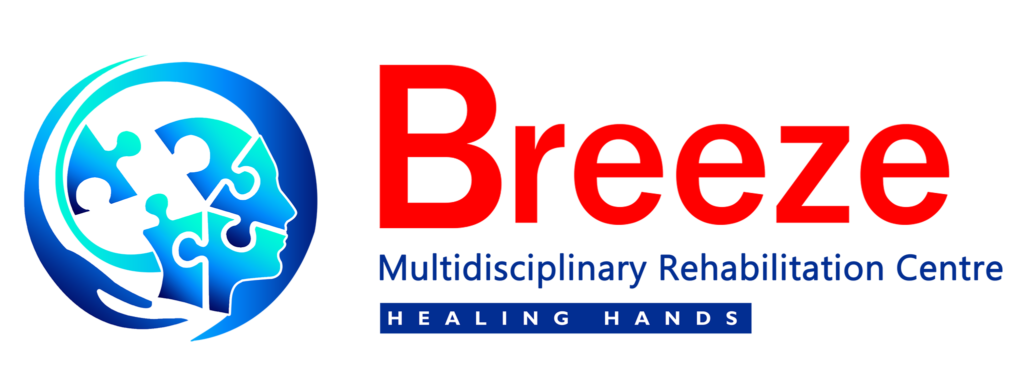
Depression:
Depression, also known as major depressive disorder, is a common and serious mental health condition that affects how a person feels, thinks, and behaves. The good news is that it is treatable. Depression often leads to persistent feelings of sadness and a loss of interest in activities that were once enjoyable. It can cause a range of emotional, psychological, and physical issues, and may interfere with daily functioning at work, at home, and in personal life.
Key symptoms of depression:
Loss of interest or pleasure in activities that were previously enjoyable.
Unexplained weight loss or gain due to changes in appetite
Sleep disturbances (either trouble sleeping or excessive sleeping)
Persistent fatigue or low energy
Noticeable changes in physical activity (restlessness (e.g., inability to sit still, pacing, hand-wringing) or slowed movement and speech, which should be significant enough to be observed by others.
Feelings of worthlessness or excessive guilt
Difficulty concentrating or making decisions
Recurring thoughts of death or suicide.
For a diagnosis of depression, these symptoms must persist for at least 2 to 3 weeks and represent a noticeable change from previous functioning. It is also important to rule out other medical conditions such as thyroid disorders, brain tumours, or vitamin deficiencies that can produce similar symptoms.
Depression affects approximately 1 in 16 adults (6.7%) in any given year, and about 1 in 7 people (16.6%) will experience it at some point in their lives. It can develop at any age, but it most commonly begins in the late teens to mid-20s. Women are more likely than men to experience depression, with studies indicating that about one-third of women may face a major depressive episode at some point in their lifetime.

